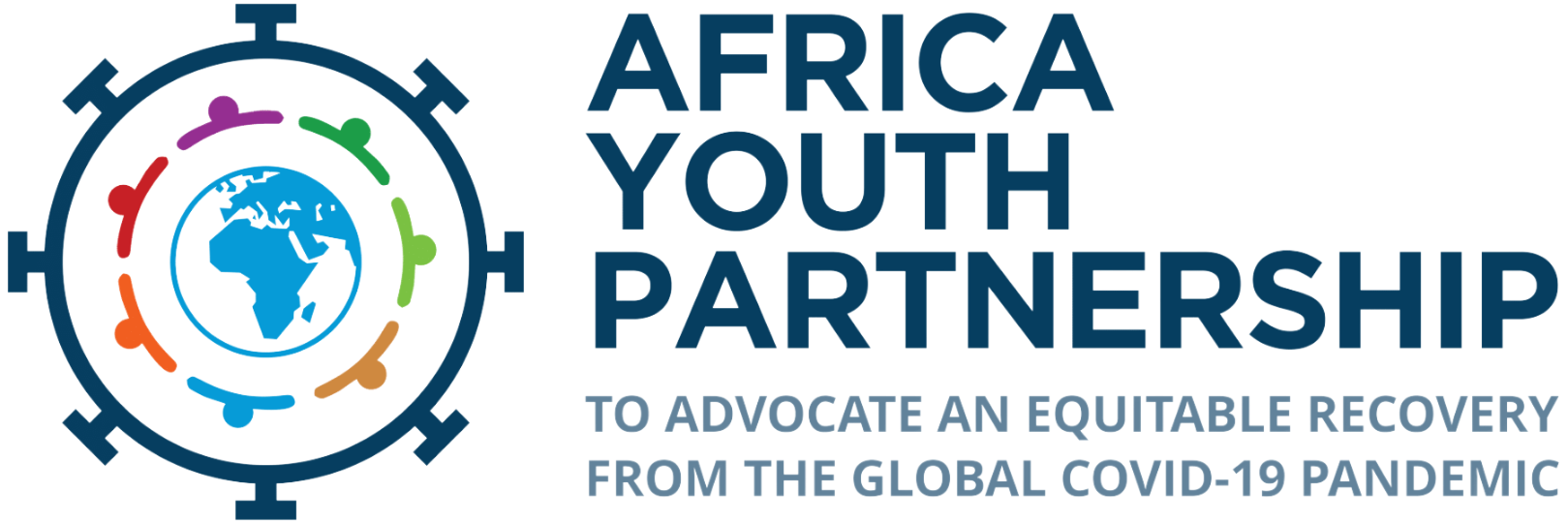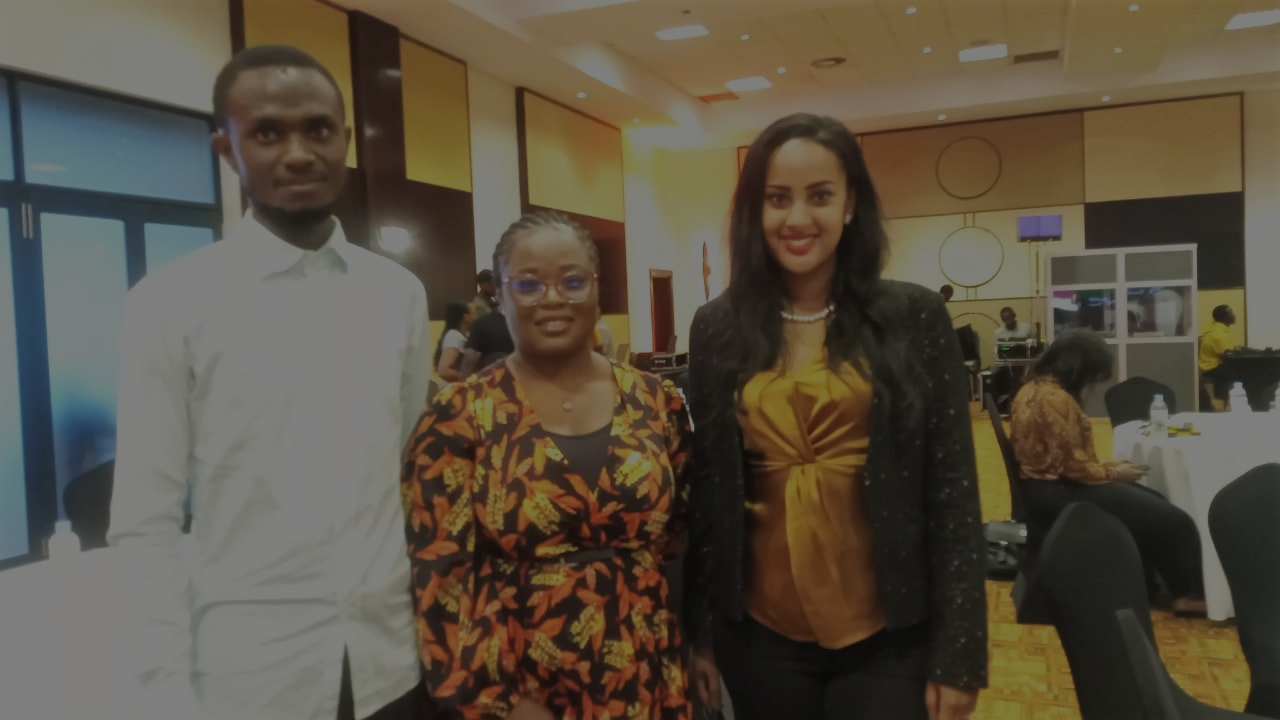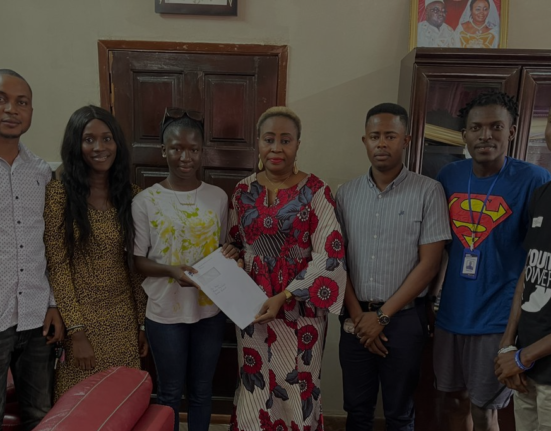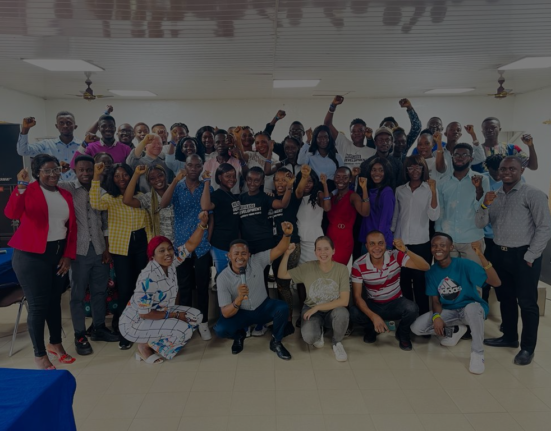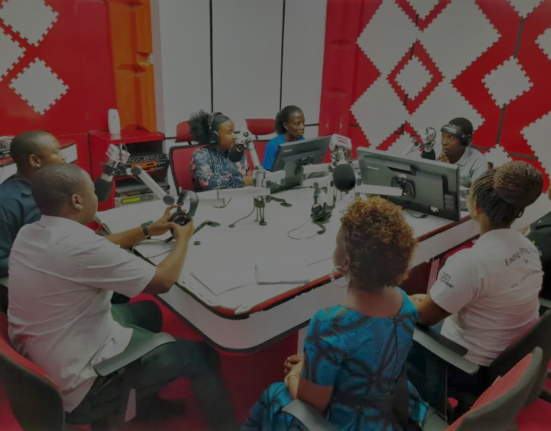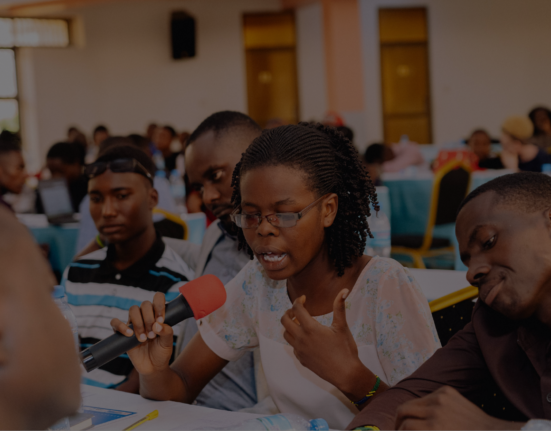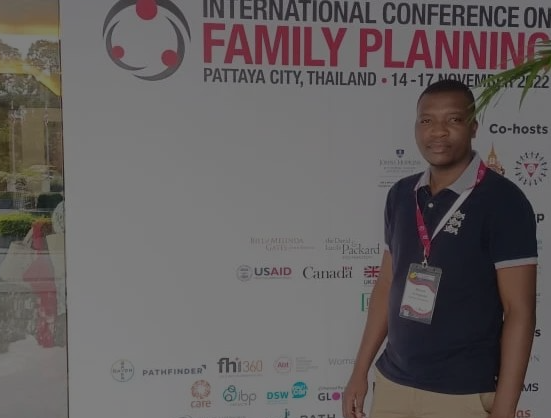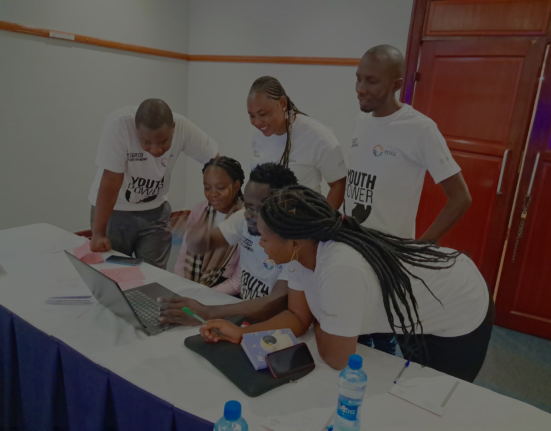The International Conference on Public Health in Africa (CPHIA) is a unique platform for African and international experts to discuss and provide sustainable solutions to Africa health challenges, threats and emergencies. The 2nd CPHIA, with the theme “Preparedness for Future Pandemic and Post-Pandemic Recovery: Africa at a Crossroad,” took place at the Kigali Convention Centre, Kigali Rwanda.
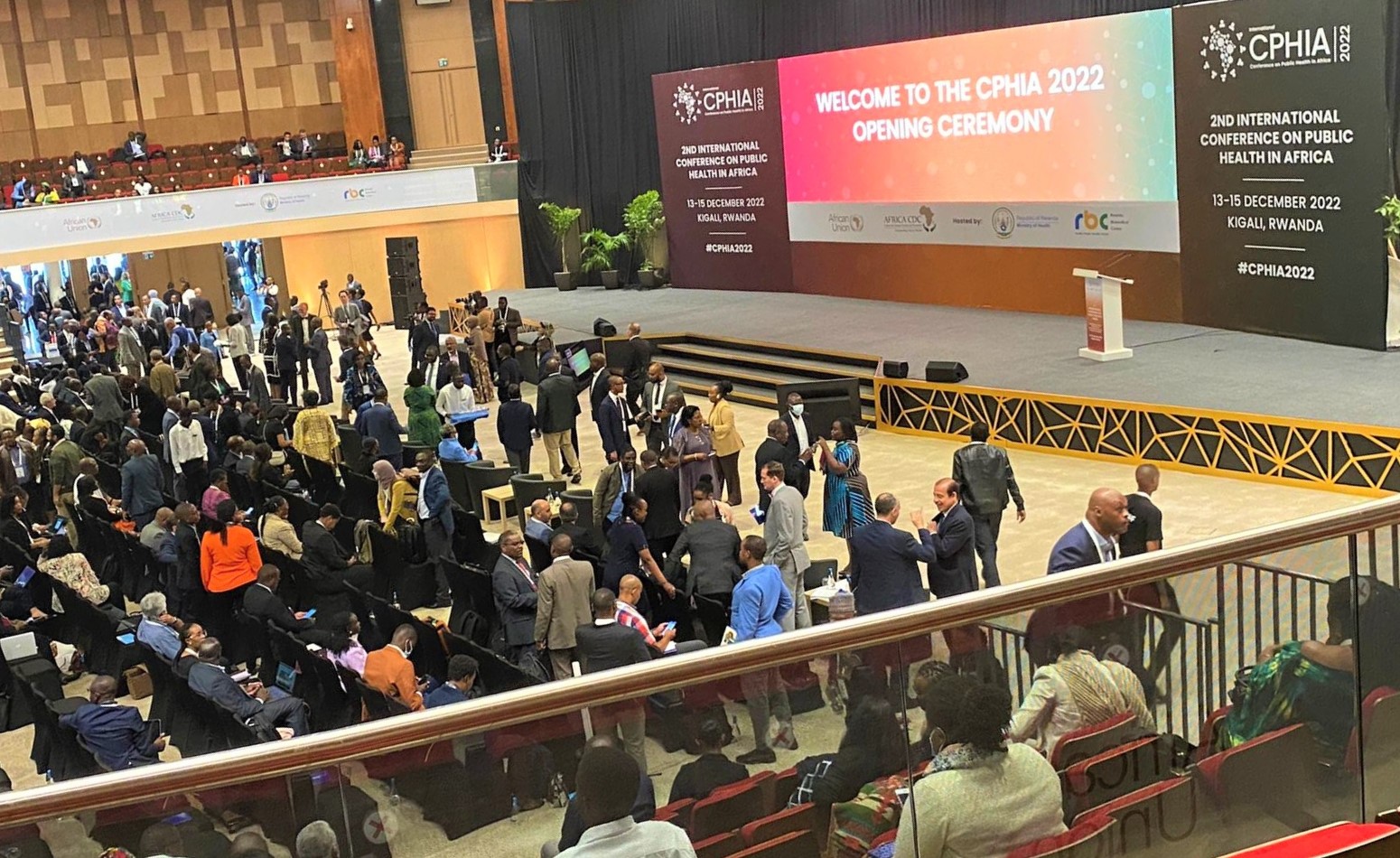
It was however preceded by a two-day Youth Pre-conference which was organised to meaningfully engage the young people towards sustainable health security in Africa. The conference and the pre-conference were enriched with thought-provoking and purpose-driven discussions around women in health, strengthening Africa’s health system, increasing local production in Africa, digitalization of health systems, the power of engaging civil society organizations, community actors and private institutions, emerging and re-emerging infectious diseases, malaria, HIV and tuberculosis, non-communicable diseases, and the role of the youth in building resilient health systems in the continent.

The conversations around the aforementioned areas unfolded what I regarded as the key takeaways from the CPHIA2022 and they are succinctly highlighted below:
• The two changes needed in strengthening Africa health system are change in governance and change in financing. In 2001, the Africa Union member states signed the Abuja declaration, thereby pledged to allocate at least 25% of their national budgets each year to improving their healthcare systems. Most African countries are, however, still struggling to fulfil this pledge and this is in part due low level of political commitment.

• Multi-sectorial approach is highly essential to achieving sustainable health security in Africa. This entails involvement of everyone including the government, professionals, civil society organizations, Non-governmental organizations, private institutions and the youths.
• Any development that aims to be efficient won’t be possible without active participation of women. So, men and women should be given equal opportunity so as to drive the continent towards sustainable economic, political and human development. Also, equal opportunities should be given to the differently abled individuals.
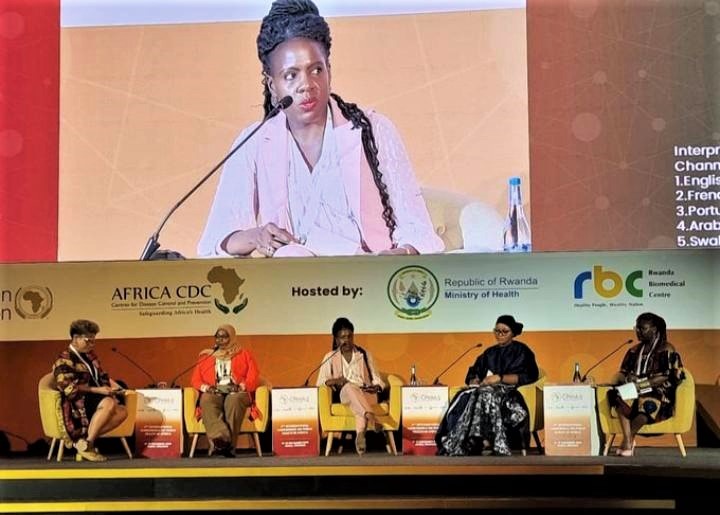
• To be able to improve Africa’s local production of vaccines, therapeutics and diagnostics, the continent must position herself at the forefront of biomedical research and development. Africa currently imports more than 85% of medical consumables and this is, notably, as a result of poor investment in biomedical research and innovation.
• If adequately equipped with required skills and expertise, the African youth are capable of positively transforming the public health sector in Africa. Hence, the African government and development partners should support capacity building, initiatives that prioritize the youths especially in the areas of research, innovation, advocacy and policy formulation and implementation.
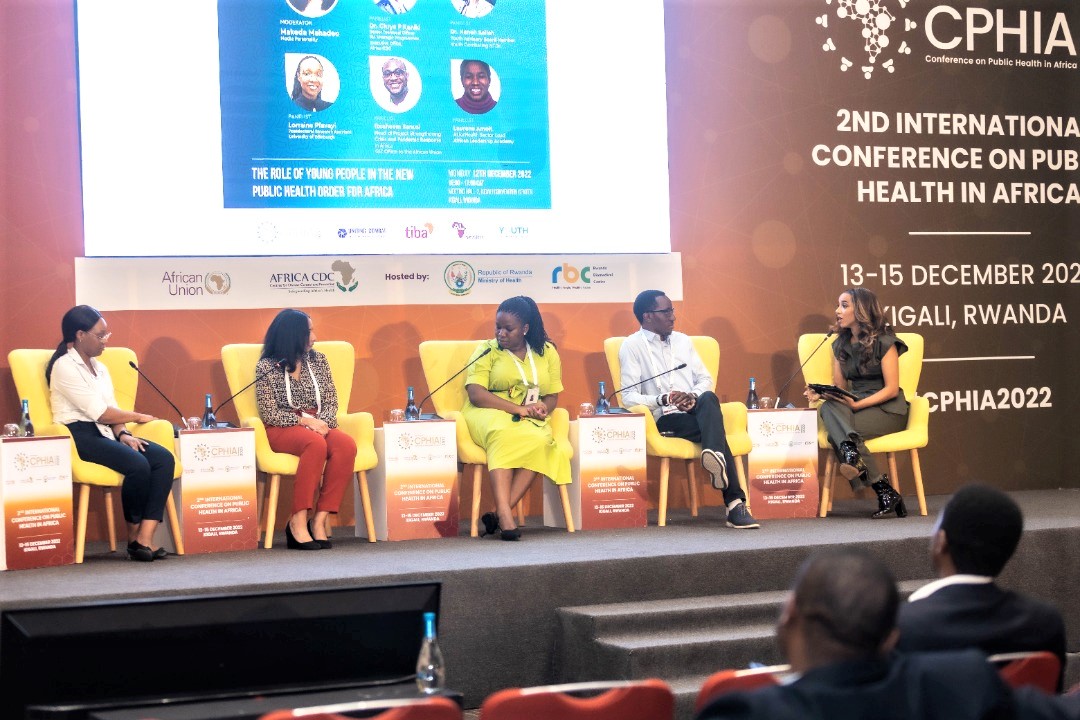
Aside the fact that the conference provided me with an opportunity to listen and learn from the senior public health professionals, my participation in the conference also afforded me the opportunity to voice out some of the challenges encountered while preparing our policy brief titled, “Addressing the COVID-19 vaccine hesitancy among the youth of Nigeria” as well as the issues affecting the emerging public health enthusiasts such as the inaccessibility to essential previous studies as these studies aren’t in open-access journals. Also, I raised the issue of lack of well coordinated mentorship platforms for emerging public health policy experts in Africa.

Interestingly, these two contributions of mine yielded positive results as the Africa CDC and partners have made commitment to initiate a Public Health Policy Bootcamp and a mentorship platform for young public health leaders. It is also worthy of note that I discussed the policy brief with more than 15 public health professionals including the programme Coordinator for Public Health Workforce Development Africa CDC, the Senior Health Adviser UNICEF office to Africa Union, Senior Technical Officer for Strategic Programs Africa CDC, Technical Specialist World Health Organization among others. Another notable contribution was the recommendations I proposed to the Africa CDC representatives to combat one of the key drivers of Antimicrobial resistance (AMR), which is inappropriate antimicrobial prescription by health professionals. My recommendations were based on my findings in my paper titled “The Need to Review the Antimicrobial Resistance Curriculum for Preservice Medical Education in Nigeria: Evaluation of a Nigerian University’s AMR Curricula.”
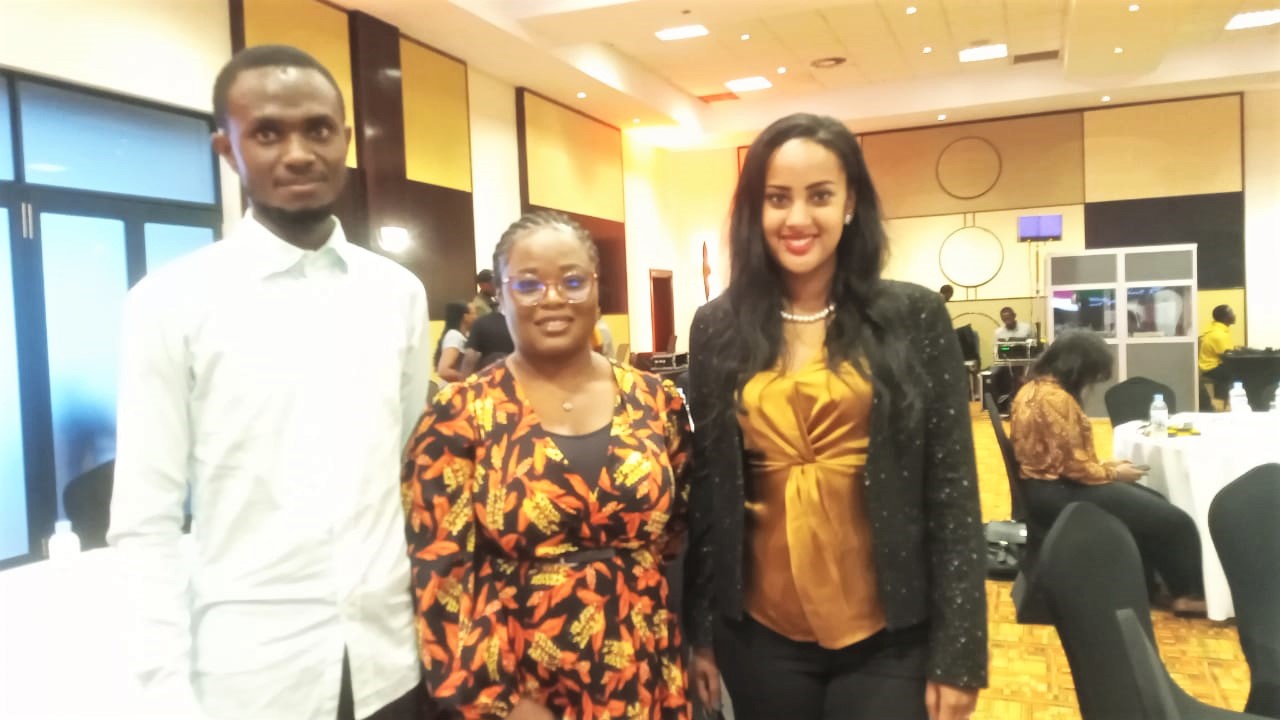
In conclusion, the conference was indeed an awesome few days of strategic engagement between the Africa Centre for Disease Control and Prevention, the senior public health professionals and the African youths. The conference didn’t only provide me with an avenue to showcase our work at the African Youth Partnership but also provided me with an opportunity to be directly involved in discussions to advance the full implementation of the New Public Health Order for Africa and thereby, drive sustainable health security in Africa. All thanks to the Ford Foundation, the Youth Opportunity and Transformation in Africa, as well Restless Development for finding me worthy of representing the Africa Youth Partnership at the conference.
